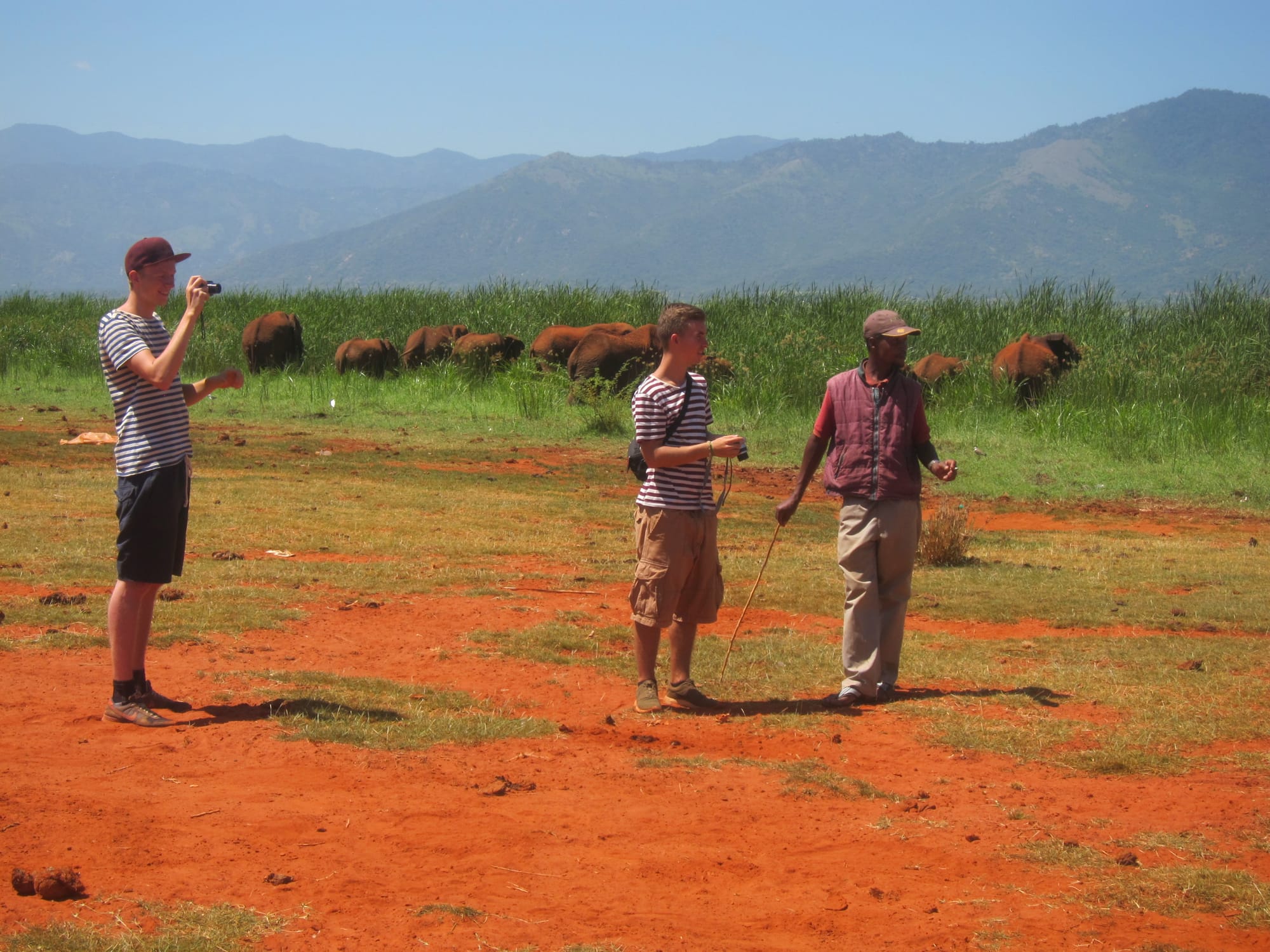Elephant-Human Conflict Mitigation Project (EHCM)

Overview
The Elephant-Human Conflict Mitigation Project (EHCM) is a targeted initiative under the Endangered Species Conservation Foundation (ESCF) that focuses on addressing the escalating conflict between elephants and local communities in Tanzania. As human populations expand into traditional elephant habitats, instances of elephants damaging crops, properties, and sometimes causing injury have increased. This project aims to reduce conflict through innovative solutions, community involvement, and sustainable approaches that protect both elephants and human livelihoods.
Objectives
Reduce Elephant-Human Conflicts: Implement measures that effectively minimize interactions between elephants and communities, safeguarding lives, crops, and properties.
Promote Coexistence: Develop community-based strategies that support the coexistence of elephants and humans through sustainable land-use practices and conflict resolution techniques.
Raise Awareness: Educate local communities on elephant behavior and the importance of elephant conservation, fostering a sense of stewardship.
Enhance Early Warning Systems: Establish technology-driven early warning systems to prevent elephant incursions into farmlands and settlements.
Strengthen Policy and Governance: Advocate for and support the creation of policies that mitigate human-wildlife conflict, emphasizing community protection and wildlife conservation.
Key ActivitiesEarly Warning Systems: Deploy systems such as GPS-collared elephants and sensor networks to track elephant movements and alert nearby communities before incursions occur.
Beekeeper Programs: Install beehive fences around farmlands, as elephants are known to avoid bees. This approach not only deters elephants but also provides honey as a source of income for farmers.
Chili Fences: Support local farmers in setting up chili fences, as the strong scent of chili has been proven to deter elephants from entering crop fields.
Education and Training: Conduct community outreach programs to educate locals on elephant behavior, conflict prevention techniques, and the importance of elephant conservation.
Habitat Management: Work with local authorities to create buffer zones between elephant habitats and human settlements, reducing the likelihood of encounters.
Emergency Response Teams: Establish rapid-response teams composed of trained locals who can safely respond to elephant incursions and guide the animals back to safer areas. Expected
Outcomes
Reduced Conflict Incidents: A significant reduction in the number of human-elephant conflicts, resulting in fewer crop losses, property damage, and human injuries or fatalities.
Increased Elephant Conservation Support: A shift in community attitudes towards viewing elephants as valuable members of the ecosystem, leading to greater local support for elephant conservation efforts.
Improved Livelihoods: Enhanced economic opportunities for communities through the sale of honey from beekeeping programs and reduced crop losses due to effective deterrents.
Strengthened Local Governance: Collaboration with local governments to enforce policies that protect both communities and wildlife, promoting long-term conflict mitigation.
Impact
The Elephant-Human Conflict Mitigation Project (EHCM) is designed to ensure the protection of Tanzania’s elephant populations while preserving the livelihoods of communities that share their landscapes. By fostering coexistence through innovative and sustainable approaches, ESCF aims to create a safer environment for both elephants and humans. In the long term, this project will contribute to the conservation of elephants while improving food security, safety, and economic stability for local communities.